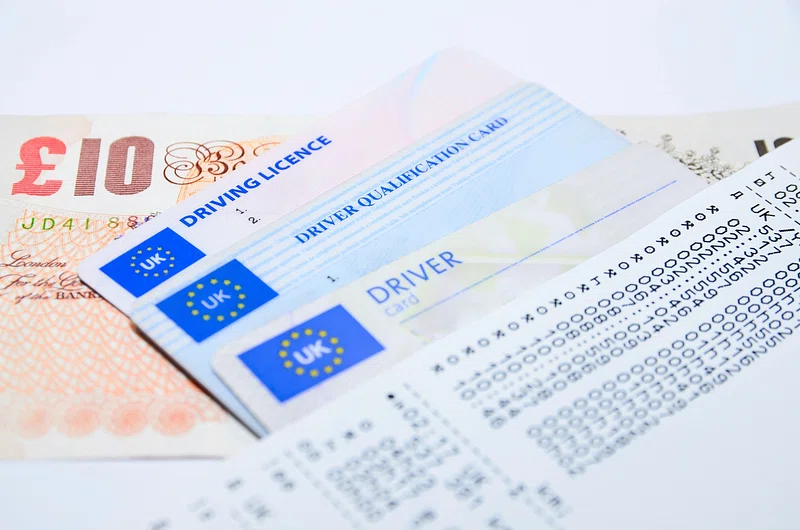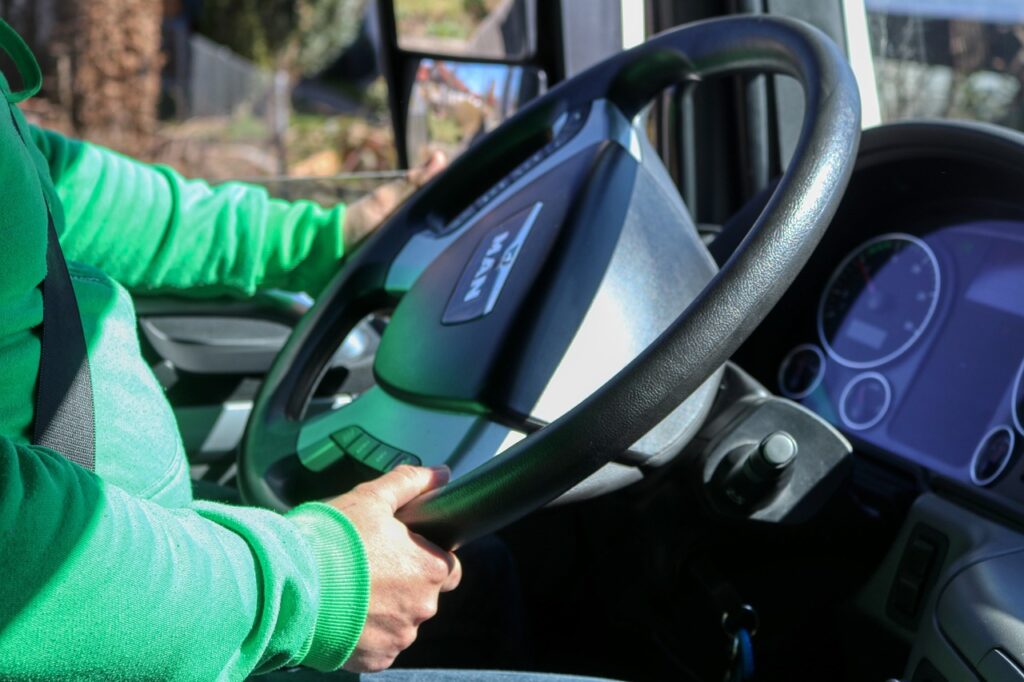September 2024
California residents can now add their driver’s licenses or state identification cards to their iPhones, Apple announced today. This new digital ID feature is available through Apple Wallet, making it easier to present identification. However, for the time being, these mobile IDs can only be used at select airports and a limited number of businesses that sell age-restricted products like alcohol, tobacco, and firearms.

Despite the introduction of mobile licenses, California law still requires drivers to carry a physical driver’s license. Notably, the digital ID cannot be used at Department of Motor Vehicles (DMV) offices, although it is accepted through online channels via an app.
Growing Digital Adoption
Though digital IDs are still in the early stages of adoption, California DMV officials expect their use to expand in both the public and private sectors. As more businesses begin to accept mobile IDs for verification, the DMV is also working with various partners, including Verifone and TruAge, to integrate mobile age verification into more retail environments. DMV Director Steven Gordon predicts thousands of terminals will be installed statewide in the near future.
Apple has expressed excitement about the initiative, with Jennifer Bailey, VP at Apple, calling it a significant step forward in the rollout of IDs in Apple Wallet.
Android users also gained access to mobile licenses in August through Google Wallet, making California the fifth state to introduce mobile identification for Google Wallet and the seventh for Apple Wallet.
Online and In-Person Use
While digital IDs can be used online for age verification in apps such as rental car services, their physical application remains limited. For now, the only federal agency accepting digital IDs is the Transportation Security Administration (TSA), which allows them to be used at 25 airports nationwide, including Los Angeles and San Francisco.

The California DMV and Department of Technology are collaborating to expand digital ID use across government services. This includes potential integration into programs like CalFresh and veterans’ benefits, with the ultimate goal of creating a unified digital ID system for all state services.
Curbing Fraud with Digital IDs
One of the key benefits of digital IDs is their ability to reduce fraud in government services. The Biden administration is reportedly drafting an executive order to encourage more states to adopt digital IDs and require all federal agencies to integrate with Login.gov, a secure federal identity service. This move is aimed at reducing fraudulent claims, such as those that plagued California’s Employment Development Department (EDD) during the pandemic, when artificial intelligence wrongly denied benefits to hundreds of thousands of claimants.
Privacy and Security Concerns
Despite the potential benefits, privacy advocates have raised concerns about the growing adoption of digital IDs. Alexis Hancock, Director of Engineering at the Electronic Frontier Foundation, warns that increased use of digital IDs could lead to information leaks. Hancock argues that proper safeguards must be implemented to prevent unauthorized tracking or data collection.

Contracts between tech companies like Apple and Google and state governments have also come under scrutiny. Some critics argue that tech companies exert too much control over how digital IDs are implemented and marketed.
While the adoption of digital IDs holds promise for improving efficiency and security in government and retail services, privacy concerns will likely continue to be a point of debate as the technology evolves.